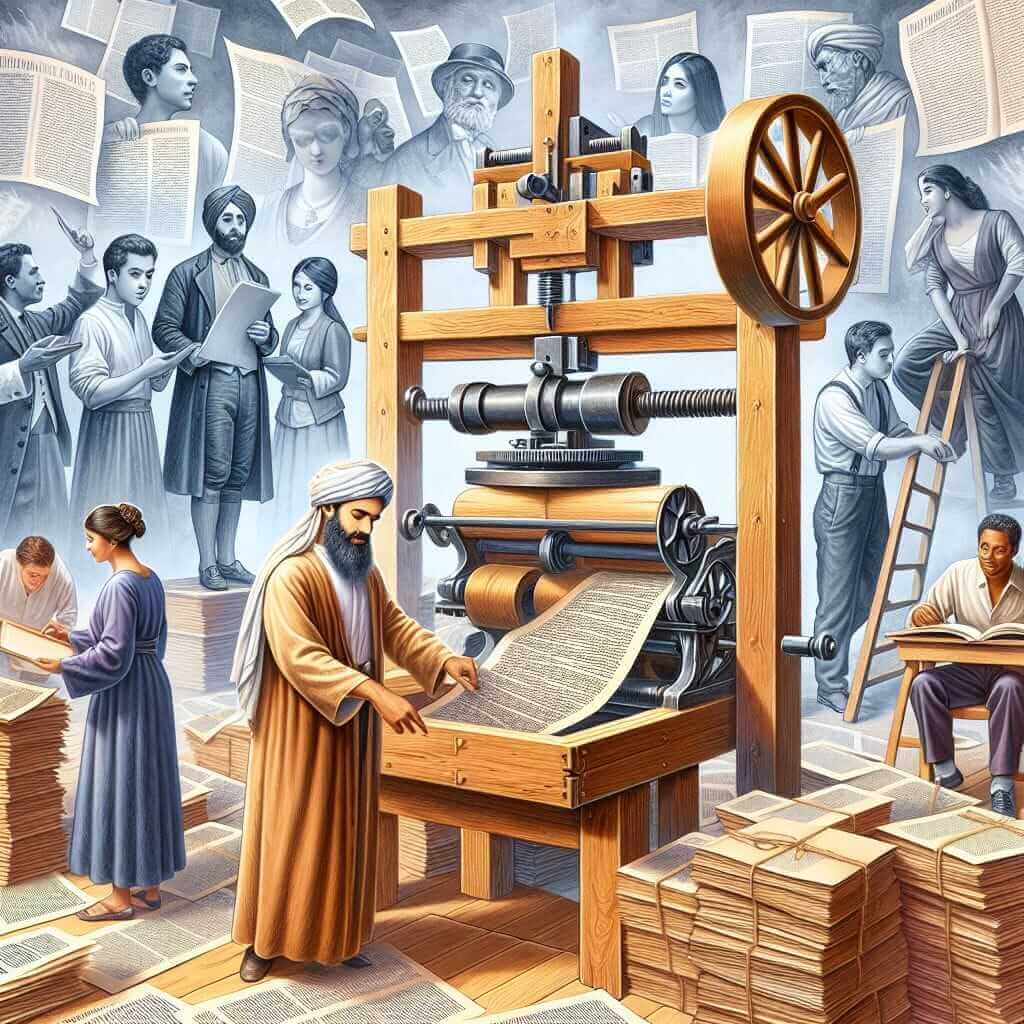History. It’s not just dates and dusty textbooks. It’s a tapestry woven from the threads of human experience, offering invaluable lessons for the present and future. In the IELTS Speaking exam, particularly Part 3, you might find yourself exploring the significance of history and what we can glean from it. This article will equip you with the insights and strategies to confidently discuss the past and its relevance in the IELTS Speaking test.
Why Does History Matter in IELTS Speaking?
The IELTS Speaking test assesses your ability to articulate opinions, analyze information, and engage in thoughtful discussions. Questions about history delve into these very skills. You might be asked:
- What can we learn from studying the past?
- How does history influence our lives today?
- Is it essential to learn from historical mistakes?
These questions require you to go beyond mere factual recall. They demand critical thinking, the ability to make connections, and the vocabulary to express nuanced ideas.
Mastering IELTS Speaking Discussions About History
Here’s how to approach history-themed questions effectively:
1. Broaden Your Historical Understanding
While you don’t need to be a historian, having a basic grasp of major historical events, figures, and movements will provide you with a solid foundation. Think about:
- Significant eras: The Renaissance, the Industrial Revolution, the Information Age.
- Key inventions: The printing press, the internet, vaccines.
- Turning points: Wars, revolutions, social movements.
2. Connect the Past to the Present
The IELTS exam is interested in your ability to see the relevance of history in our contemporary world. When discussing historical events, consider their lasting impact. For instance:
- The invention of the printing press (past) revolutionized the spread of knowledge and paved the way for modern education and communication systems (present).
- The Civil Rights Movement (past) led to significant progress in social justice and continues to inspire activism for equality today (present).

3. Use Vivid Language
Employ a range of vocabulary to convey your thoughts effectively. Instead of repeatedly saying “important,” consider:
- Pivotal
- Influential
- Momentous
- Groundbreaking
- Far-reaching
4. Example IELTS Speaking Question & Answer
Let’s put this into practice. Imagine the examiner asks:
“Some people believe that studying history is a waste of time. What’s your opinion?”
Here’s a possible response:
“I completely disagree. I believe understanding history is essential. By studying the past, we gain insights into human behavior, societal development, and the consequences of our choices. For example, learning about the devastating impact of World War II reminds us of the importance of diplomacy and conflict resolution. History provides invaluable lessons for navigating the present and building a better future.”
Top Tips for Success
- Stay informed about current events. Connecting historical events to recent news demonstrates your ability to think critically.
- Practice your speaking skills. Regularly engage in discussions about history with friends, family, or classmates.
- Don’t be afraid to express your opinions. The examiner wants to hear your perspective, even if it differs from theirs.
Conclusion: History is Your Ally
Approaching history-themed questions in the IELTS Speaking test with confidence can significantly boost your score. By demonstrating your understanding of the past, its relevance to the present, and your ability to articulate these ideas effectively, you’ll impress the examiner and excel in this crucial aspect of the exam. Remember, history is not just about memorizing dates—it’s about engaging in a conversation with the past to shape a better future.